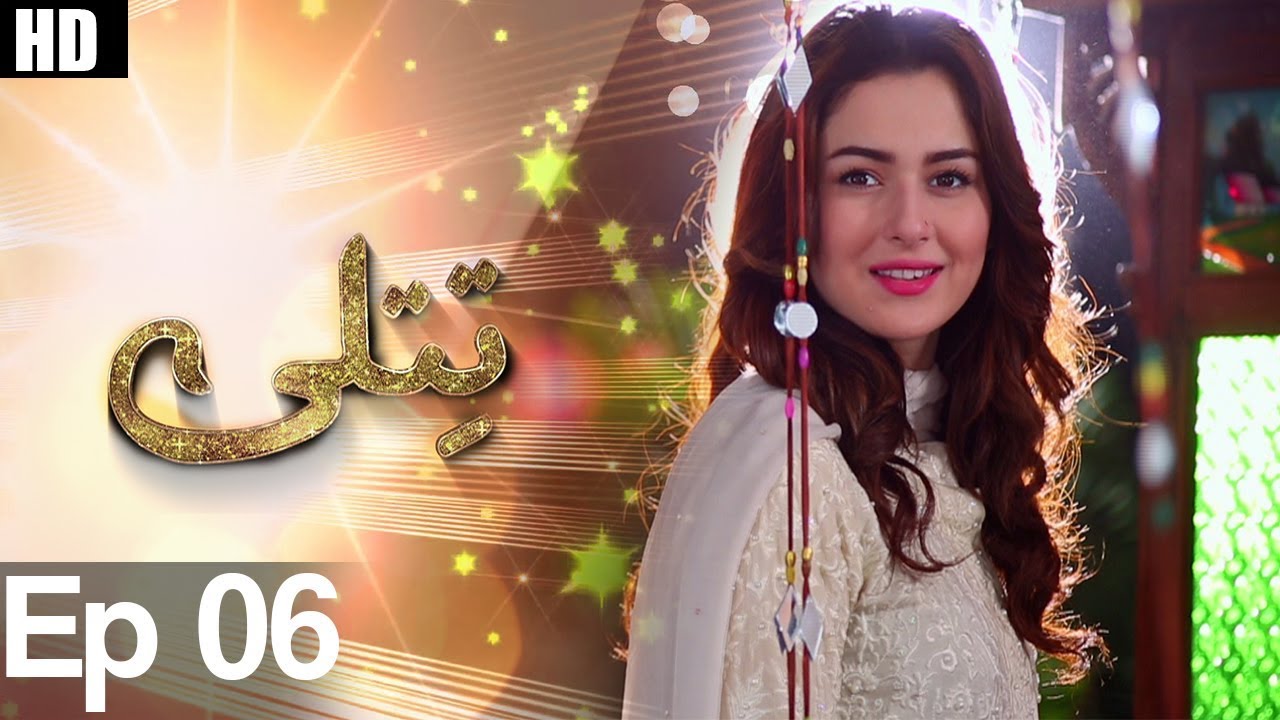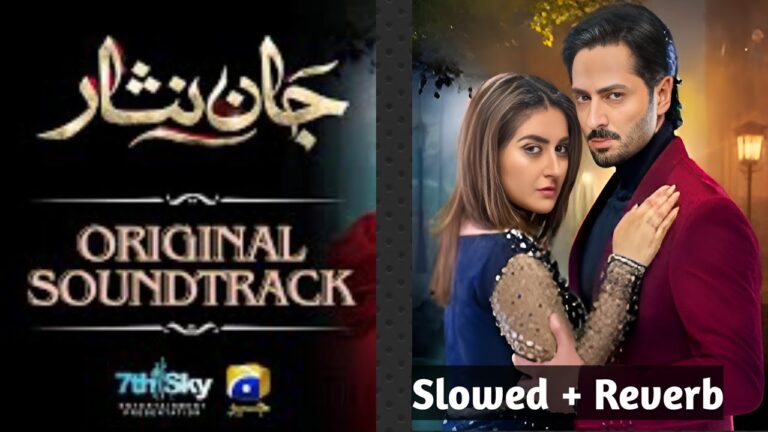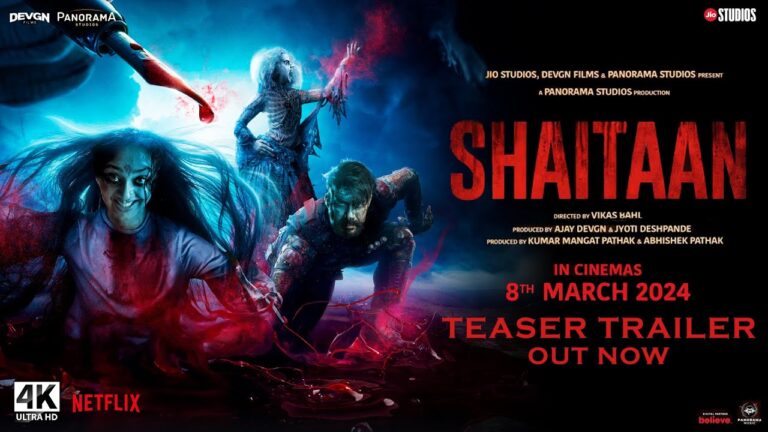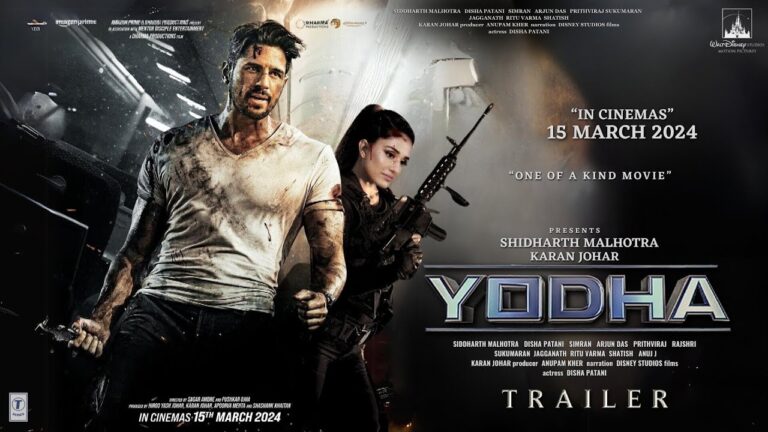Titli Drama Review: Released in 2014, director Kanu Behl’s “Titli” shook the Indian film scene with its raw portrayal of a dysfunctional family trapped in the underbelly of Delhi. This review delves into the film’s strengths and weaknesses, exploring its impact.
A Gripping Narrative: Trapped in the Cage of Patriarchy
Titli follows the story of Titli Miller (Shweta Tripathi), a young woman yearning for freedom from her abusive and oppressive family. Her father, a domineering patriarch (Ranvir Shorey), controls every aspect of their lives, reveling in cruelty and violence. Her brother, Vikram (Amitabh Singh), embodies the toxic masculinity fostered by their upbringing, perpetuating the cycle of abuse. Titli’s only solace comes from her friendship with the kind-hearted street vendor, Diljaan (Randeep Hooda), who offers a glimpse of a world beyond her suffocating reality.
Performances that Leave a Mark: Brutality and Vulnerability
The film hinges on the stellar performances of its cast. Shweta Tripathi delivers a breakout performance as Titli. Her portrayal of a young woman yearning for liberation is both fierce and vulnerable. She captures the desperation and resilience of a character trapped in a desperate situation. Ranvir Shorey chills viewers with his portrayal of the tyrannical father, highlighting the devastating impact of unchecked patriarchy. Randeep Hooda provides a much-needed counterpoint as the compassionate Diljaan, offering Titli a glimmer of hope.
A Visual World of Grit and Despair: Unflinching Realism
Cinematographer Siddharth Diwan paints a stark portrait of Delhi’s underbelly. The cramped living spaces, bustling streets, and dingy bars reflect the claustrophobia of Titli’s world. The use of handheld camerawork creates a sense of urgency and immediacy, immersing viewers in the chaos of her life. The color palette is muted, reflecting the bleakness of her existence.
Themes that Spark Conversation: Beyond the Physical
While the film’s violence is potent, the true abuse runs deeper. It explores the psychological trauma inflicted on victims within the home. Titli’s internal struggle, her yearning for autonomy and respect, is central to the narrative. The film challenges viewers to confront the emotional and psychological abuse often present alongside physical violence.
The Question of Escape: A Flawed Rebellion
Titli’s attempt at escape forms the crux of the film. However, her actions can be interpreted in various ways. Some may view her choices as impulsive and reckless, highlighting the desperation of her situation. Others might see them as a courageous act of defiance, a desperate attempt to reclaim control of her life. This ambiguity sparks conversation about the complexities of escaping abusive environments.
Not a Black and White Story: Moral Ambiguity
Titli is not a film with easy answers. The supporting characters are not simply villains. Vikram, the abusive brother, displays a glimmer of humanity, reminding viewers of the cyclical nature of abuse. Even Diljaan, a beacon of hope for Titli, is not without his own flaws. This moral ambiguity adds depth to the story and compels viewers to engage in critical reflection.
The Ending: A Glimmer of Hope or a Disturbing Reality?
The film’s ending is open to interpretation. Titli’s final act can be seen as a tragic consequence of her desperate situation or a step towards a potentially brighter future. The lack of resolution leaves viewers pondering the possibilities, highlighting the ongoing struggle for freedom and the lasting scars left by abuse.
A Lasting Impact: A Film that Challenges and Stays With You
“Titli” is not a comfortable watch. It’s a film that gets under your skin and forces you to confront uncomfortable truths. However, its raw portrayal of abuse, its strong performances, and its exploration of complex themes leave a lasting impact. It serves as a powerful reminder of the fight for women’s freedom and the importance of breaking free from oppressive cycles. “Titli” remains a relevant and thought-provoking film that continues to spark discussions long after the credits roll.










+ There are no comments
Add yours